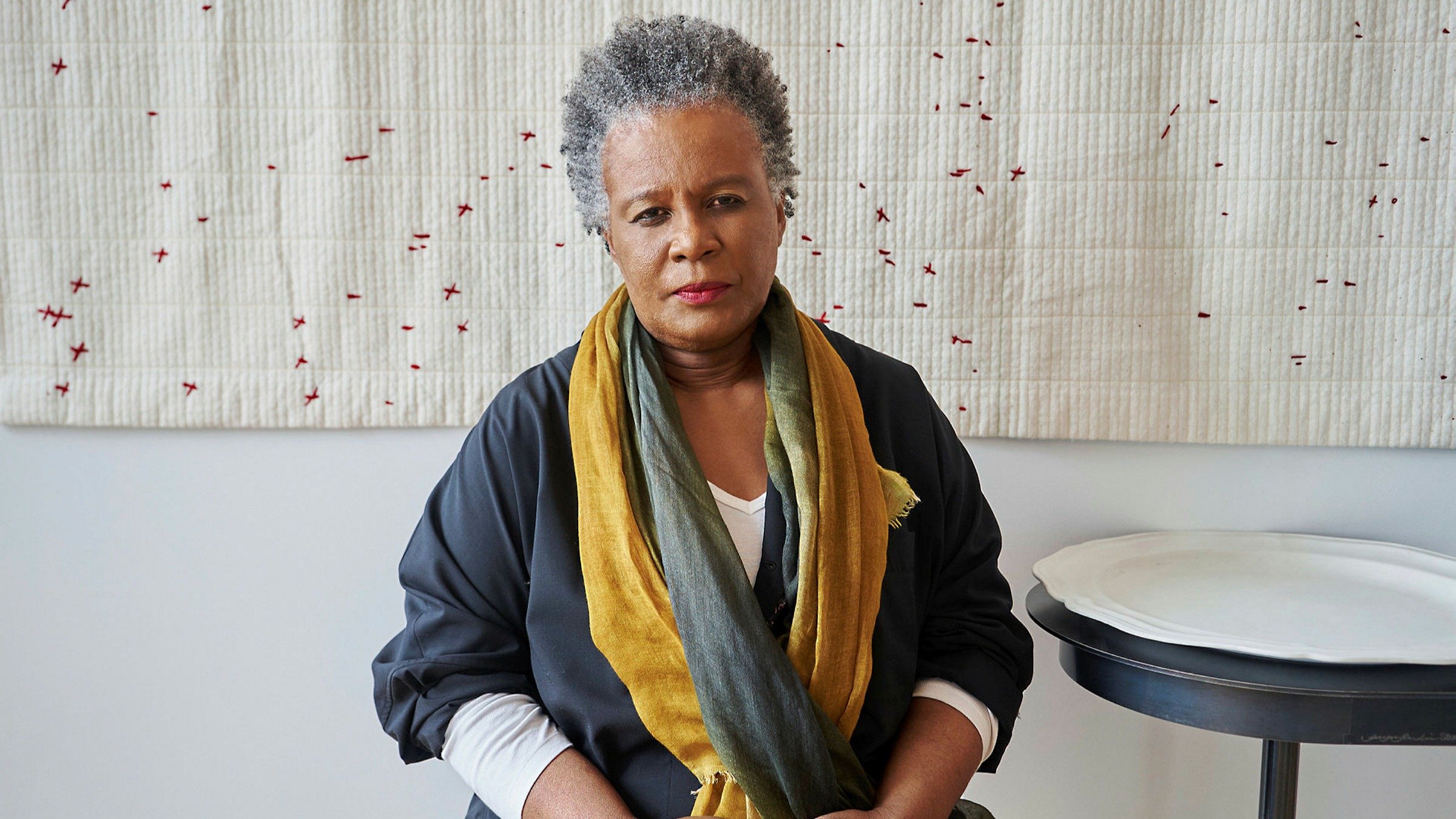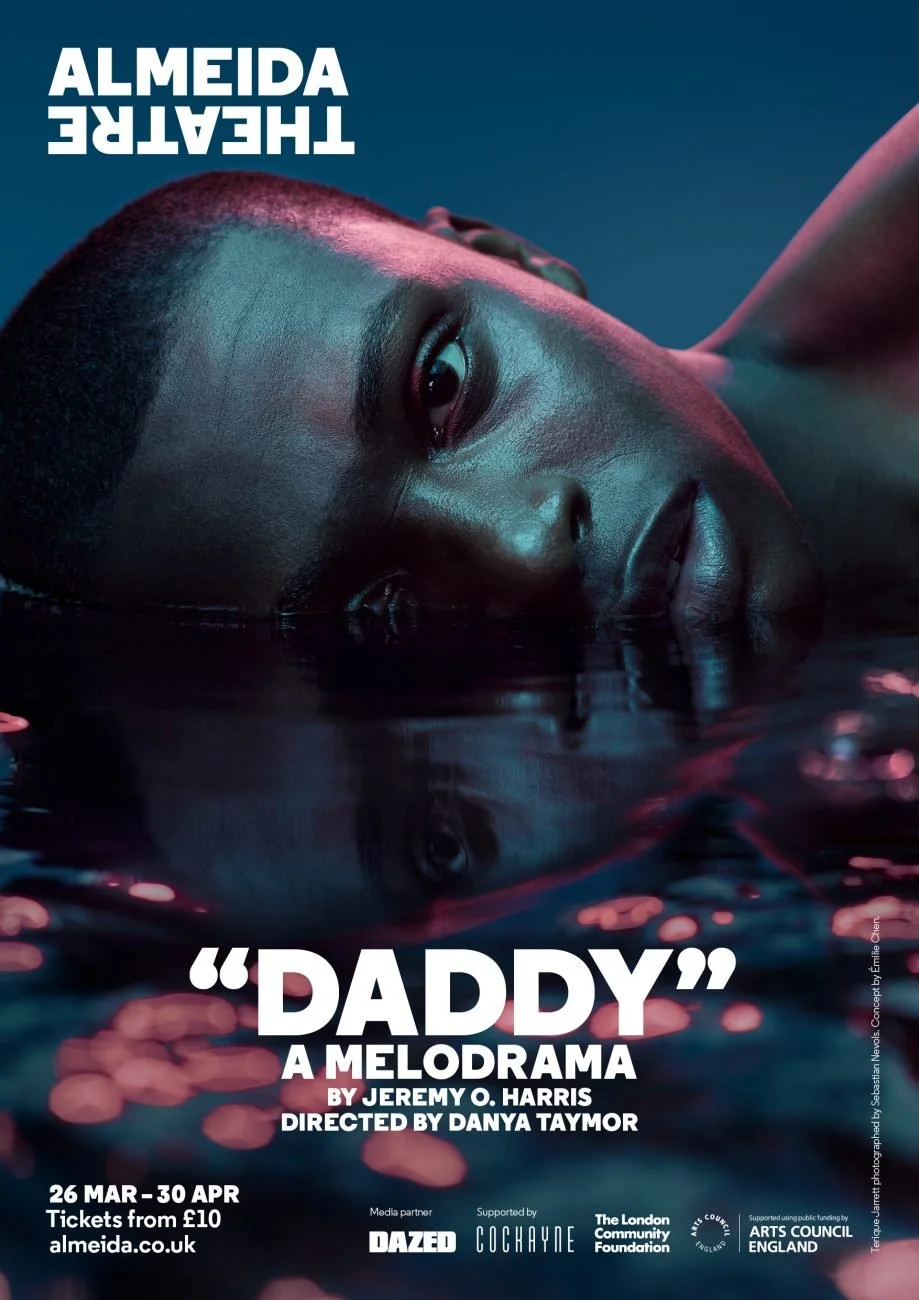Arts Journalism
My arts journalism started when I interviewed jazz musician Patrice Rushen for Acid Jazz Records newsletter. This was soon followed by an interview in the Evening Standard with film and stage director Roger Michell about his film Notting Hill, and later as a regular freelance critic on the Guardian’s music pages. Since then my interviews, essays and criticism covering poetry, theatre, music, tv, art, dance, fiction and non-fiction have been published in the Financial Times, the Telegraph, the Times Literary Supplement, the London Magazine, Broadway World and the Poetry Review. I have interviewed and written about everyone from musicians such as MC Lyte and Michael Franti (Disposable Heroes of Hypocrisy, Spearhead), Hollywood stars such as Jennifer Tilly for Don’t Tell It magazine, writers and poets like Lorna Goodison (Poet Laureate of Jamaica) and M. NourbeSe Philip, and media personalities like BBC Radio DJs and music impresarios Trevor Nelson and Norman Jay. I received special commendations as a critic from the Saboteur Awards in 2021 & 2022 and I am a Ledbury Poetry Critic.
A portfolio of links to my articles for the Financial Times and the Telegraph are on Muck Rack. A full list of my journalism portfolio can be found here.
Interview: Claudia Rankine, The White Card - The Financial Times
‘Rankine, 58, prefers the term “internalised white dominance” over “white privilege”. “Privilege is a word that people like to associate with class differences,” she says. “Whereas ‘white dominance’ makes it clear that we are inside a culture that’s dedicated to whiteness and its dominance over other people because white people have been socialised to believe that they are superior, better-looking, smarter.”’
Photo: Sean Pressley
Review: Sing Yer Heart Out For the Lads, Chichester Festival Theatre - The Telegraph
“This is a harrowing, heart-in-your-mouth, squirm-in-your-seat play to watch, but it’s also utterly necessary that this modern classic of the British stage exists.”
Photo: Helen Murray
Profile: Never to Be Extinguished Flame (The “many chambered heart” of Lorna Goodison) - The Poetry Review
“There are many kinds of women here. They are matriarchs, tightrope walkers, lepidopterists, mermaids, proprietresses, spinsters, puppeteers, lovers, warriors and yes, poets too. They are objects of desire, abuse and worship. They include wild, defiant, mad, corpulent, poor, mysterious, nameless women who can be drunk in the morning, with eyes that glow like coals and smiles like wet moonstone.”
Review: Constellations, Vaudeville Theatre - The Telegraph
“It’s a testament to Payne’s nimble, protean writing and Michael Longhurst’s taut, electrifying direction that this endeavour smartly sidesteps gimmicky incursions into mawkish Richard Curtis territory.”
Photo: Marc Brenner
Review: Moon Witch, Spider King — Marlon James continues his Dark Star saga - The Financial Times
”As gripping as the novel is, it’s a long and tough read. Sometimes it even feels confrontational: the author’s frequent knowing refrain is “let us make this quick”. James’s story is a dense, sprawling phantasmagoria made even more labyrinthine by his stream-of-consciousness idiosyncrasies and sudden time leaps. It’s a confident writer who uses African words and phrases without the need for exposition and sustains a diction that mimics the present-tense grammatical syntax of many west African languages. But Moon Witch rewards a reader’s perseverance and makes you wonder exactly who’ll play fast and loose with the truth in the final instalment, if you have the stomach and staying power to seek it out.”
Review: Awakening, Royal Opera House - Broadway World
“A heartbeat thuds, tinkles suggest icicles, the wind moans across the vast tundra and children chant. The sci-fi dance vocabulary against such a layered soundscape suggests something timeless but also thoroughly modern. It's about connection and disconnection, and it's easy to see why Tundra has been an often performed hit for the company. It's unlikely that you'll have ever seen bodies move quite like this in unison.”
Photo: Rhys Cozens
Review: Seven methods of killing kylie jenner, Royal Court - The Telegraph
“The ingenious aspect of this play is how Lee-Jones’s script and Milli Bhatia’s direction collapse the difference between the Twittersphere and Cleo’s real domestic life. This is wonderfully aided by designer Raija Shakiry’s visual metaphor: a white web-like structure with dangling ropes, which looms over the characters like a lynching tree and lights up with the virtual cacophony that characterises the speed of a viral Twitter thread. “
Photo: Myah Jeffers
Feature: Noughts + Crosses, BBC TV Adaptation - The Telegraph
“Ultimately, the power of Blackman’s book and its BBC adaptation is that they reflect a world that many recognise as true to life. “The book’s message,” Blackman has said, “that, whatever your colour, you’ll abuse power if you have it, or try to seize it if you don’t.”
Photo: Ilze Kitshoff/BBC
Review: Intimations by Zadie Smith - The Telegraph
“This 96-page collection, which she began at the onset of the pandemic and finished shortly after George Floyd’s killing, is quick-response art whose compressed form mimics the suddenness of a global health calamity that is as indefinite as it is existentially alarming.”
Review: Age of Rage, The Barbican - The Telegraph
“That staple of revenge tragedy – making an enemy eat a loved one – ensures that Age of Rage also operates as a snapshot of the history of drama, this recurring motif of which can be traced in Shakespeare’s Titus Andronicus, the TV series Game of Thrones and the Peter Greenaway film The Cook, The Thief, His Wife and Her Lover.”
Photo: Jan Versweyveld
Review: What a Scorcha! Sean Paul, Brixton Academy - The Telegraph
“If Beenie Man is popularly known as the king of dancehall then the much-loved Sean Paul is undoubtedly its global ambassador. The 49-year-old Jamaican has the pop crossover success, collaborative nous and longevity – two decades and counting – to bolster that claim.”
Photo: Tamas Vasvar/Shutterstock
Feature: Are ‘Black Out’ performances really the answer to British theatre’s race problem? - The Telegraph
“What surprised me, and eventually irked me, was the brash, ill-timed laughter from the majority white audience during press night at parts of the play that weren’t funny, such as the racial microaggressions against Franklin. Meanwhile the Black Out audience groaned at those same parts which they recognised as problematic.”
Interview: From Poetry to Prose, Mona Arshi in Conversation with Dzifa Benson, Liverpool Literary Festival 2021












